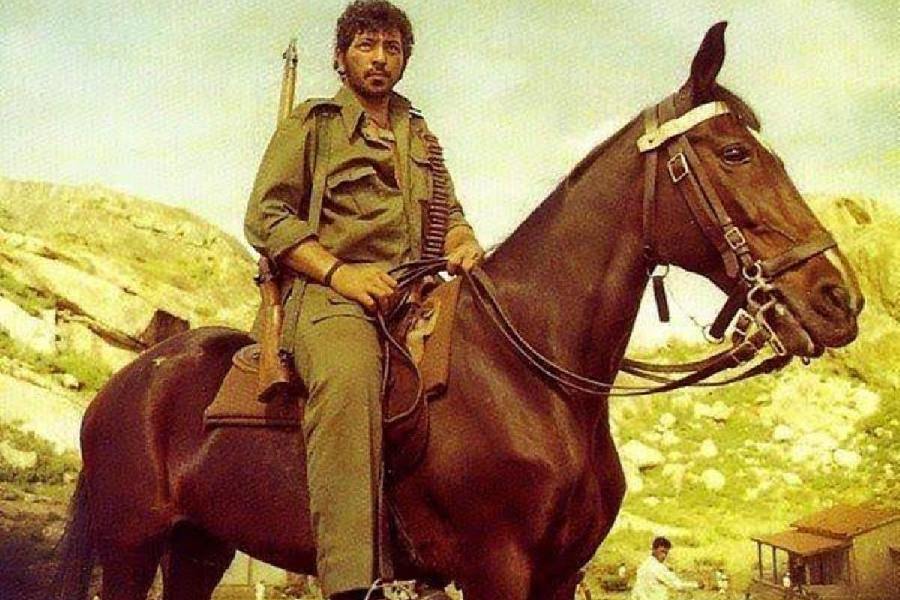Book: Bantering with Bandits and Other True Tales of India
Author: Annie Zaidi
Published by: Aleph
Price: Rs 499
The book begins with dacoits: although it is not really about them. Annie Zaidi writes in a frank, almost confiding, voice about being fascinated with dacoits owing to an interest in Hindi films, in a story about a certain Sultana daaku, and also because of her great grandfather who was a kotwal in pre-Independence-era Allahabad. The essay continues, half a narration about how she came to write the series and interview bandits with parallels from films like Mela (1971), Dushman (1971), and (but obviously) Sholay (1975). But this not just reportage: it is also an examination of the political, social, and cultural contexts that made these men take up arms in the “khoonkhar” region along with a look at the very real problem of administration in such an area.
Many of these interviews take place in small towns and villages. In a “second-rate hotel” in one such small town, the author had to wake up the hotel staff for the morning chai. Chai, it is revealed, is an acquired taste that transformed into love for Zaidi. In a world full of tired and rehashed ‘chai-loving’ memes and reels, her incandescent prose paying homage to the brew is a delight to read. No matter how you may like your tea, this piece is bound to seduce you into trying something else. “Oh what does a connoisseur know,” she scoffs in her essay, “A connoisseur is not a lover.”
Just like her writing style, which moves from reportage to the intimate to an almost strident fulmination, the essays too jump from topic to topic — from bandits to chai, from chai to hunger and malnutrition. Perhaps it is this contrast — that of a cup of tea, so often used as a metaphor for contentment, and its leap to hunger and starvation — that is jarring for the reader. How does one reconcile the ebullience of a cuppa with the image of children who “looked like they were drying up from the inside, like grapes turning to raisins?”
Be it starvation, child malnutrition, Dalit rights or corruption, Zaidi is not one to shy away from calling a spade a spade and she often does so with startling insight. But her writing truly sparkles in the so-called ‘soft beats’ like the chai reverie that almost made her miss her stop on a train ride or, say, in the essays on Sufism. The legends about pirs, fakirs and her tour of the Doaba (literally two waters where most Sufi deras are concentrated) have a certain fairytale-like lyricism to them and are bound to leave an impression.
The more personal takes on religious identity, Islamophobia and women’s rights are at once universal and somewhat disquieting. In that sense, this collection of essays mirrors the country it tries to portray: a tad raggle-taggle, haphazard and not easily strung together.










